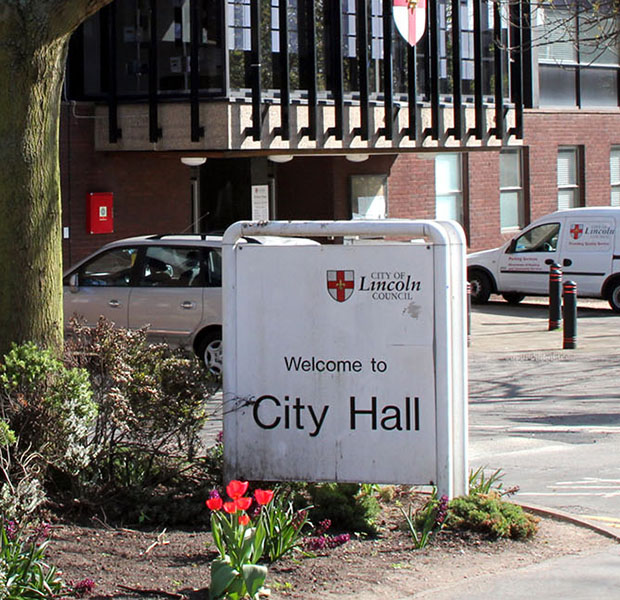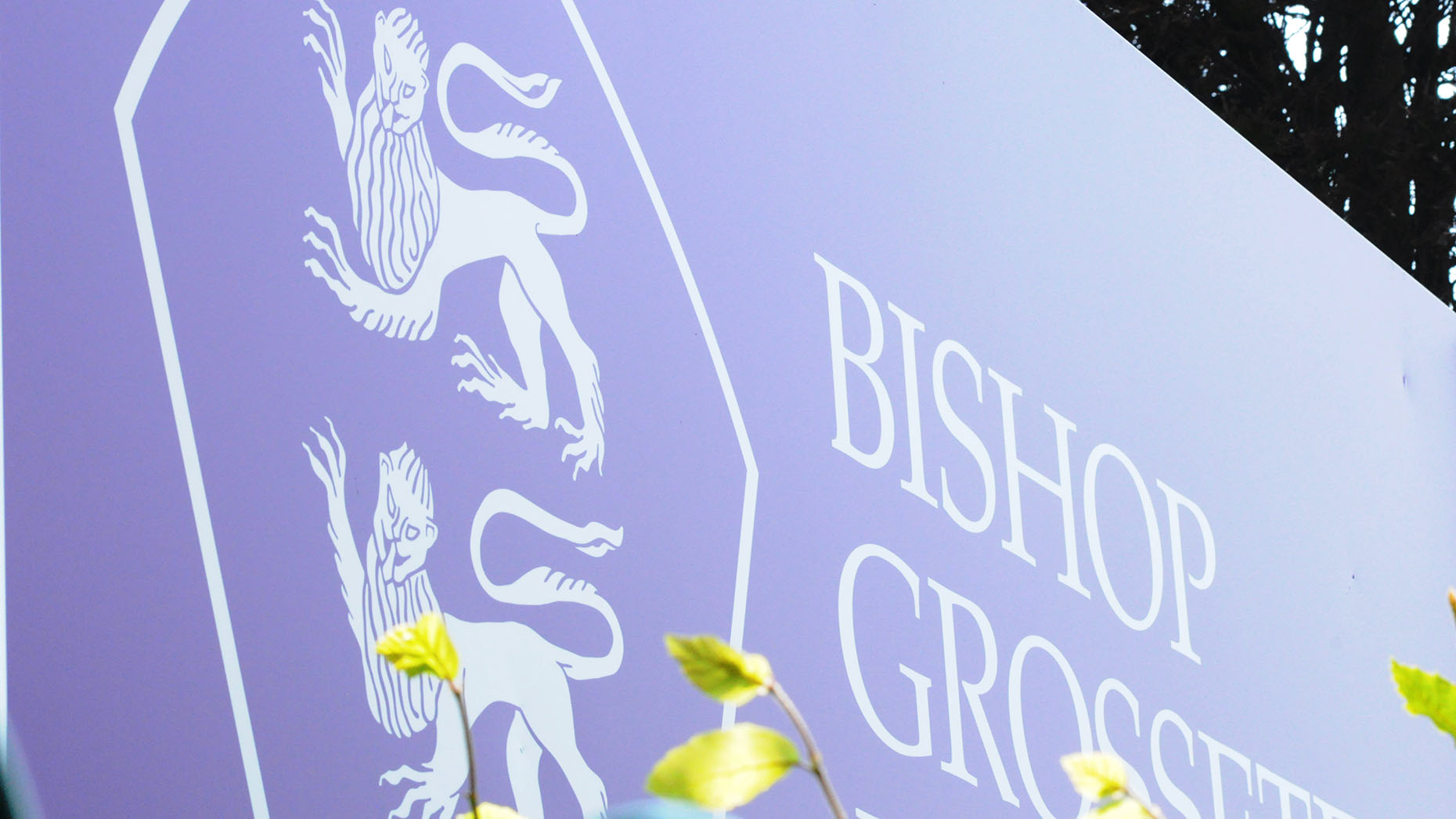The City of Lincoln Council has approved a new code of conduct for hackney carriage and private hire drivers, such as taxis, aimed to protect both passengers and drivers.
The new document comes after the recent independent inquiry into Child Sexual Exploitation in Rotherham in 1997-2013 by Alexis Jay OBE.
Within the document, there are guidelines on behaviour expected of private hires, and covers safeguarding and customer and driver care and protection.
The council held a review to ensure it can learn and implement some lessons, so the Licensing Committee approved the new code on December 2.
The council’s safeguarding representative and legal services, Lincoln operators, hackney carriage driver representatives, the Private Hire and Taxi Association and a frequent private hire users were consulted.
Kevin Barron, Licensing Manager, said: “As a licensing authority we have a duty of care to ensure private hire drivers are fit and proper to hold a licence.
“We already have a robust system in place to ensure, as far as possible, that persons not fit to be drivers are not permitted to enter the system and measures are in place to remove drivers that subsequently fail to meet the test.
“The code of conduct will benefit both the public and drivers working in the city.
“It gives drivers information on how to report safeguarding issues and will be included in the documents given when a licence is issued, irrespective of whether it is a driver or a vehicle licence, and will help them know what is and what isn’t acceptable behaviour should they be complained about.”







